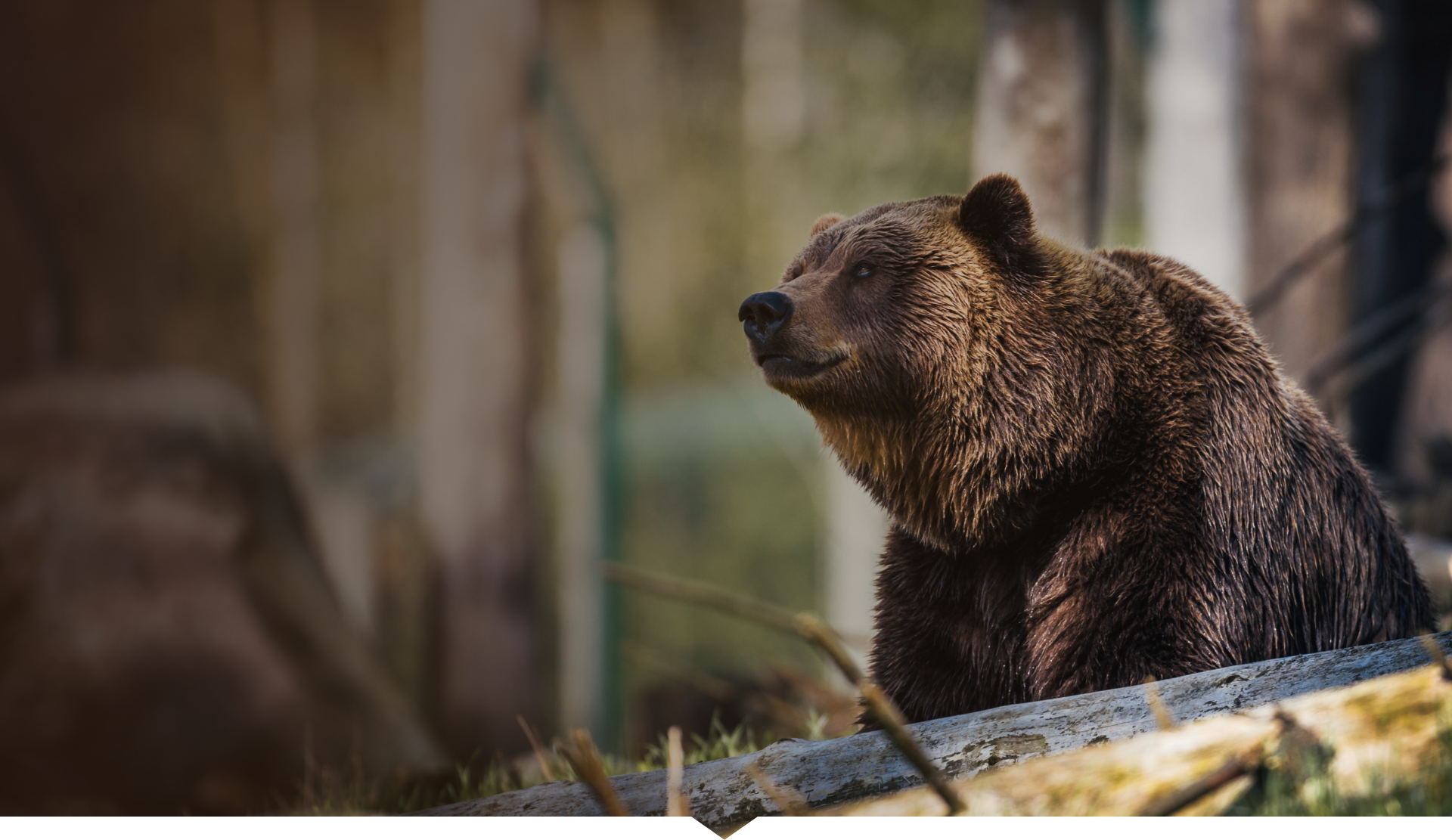By Emily Gertz
It’s conventional wisdom that most people will change their behavior only when it saves them money. That kind of price-consciousness makes Western consumers a tough sell when it comes to paying a premium for some environmentally beneficial goods, such as clothes made with eco-friendly fabrics or electric vehicles. When researchers at the University of California, Los Angeles, asked participants at the beginning of an energy-use study what information would probably get them to cut their electricity consumption, the participants answered that it would be messages on how much money they were saving. They said environmental facts, such as how many trees it would take to absorb all the carbon dioxide their energy demand created, would be less persuasive.
It turns out, though, that those reminded only that using less electricity would save them money didn’t turn the lights off and the thermostat down, according to the study, which was published this week in the journal PNAS. But those participants who were told that saving energy would cut toxic air pollution curbed their electricity use an average of 8 percent. Households with children were even more motivated, slashing their use by 19 percent.
“We’re finding that you have to bundle the public good with the private good,” said environmental economist Magali Delmas, the lead researcher on the study, in a statement. “Our message about health and the environment reminds people that environmentalism is also about them and their kids.”
That suggests that many Americans would use less electricity if informed of the environmental benefits, not just the economic. Increased energy efficiency at home alone could cut the United States’ greenhouse gas emissions by 7 percent. Delmas and her colleagues argue that the environmental health message was motivational because it showed a dual good to reducing electricity use: lessening air pollution as well as the risks for illnesses associated with those pollutants. To figure out how motivational financial versus environmental information would be in encouraging lowered electricity use, they created a competitive atmosphere between participating households, similar to gamification techniques that some energy companies have been using on their customer statements for the past few years. After six months of establishing baseline electricity use, the participants got weekly updates for four months, showing how their electricity use compared with that of their most energy-efficient neighbor.
One group of participants were also told how many more pounds of pollution they were responsible for and were reminded about the links between air pollution and certain diseases, while the rest learned how much more they were spending on electricity compared with that neighbor.
Source: http://www.takepart.com/article/2015/01/13/people-cut-energy-use-environment-health-ucla?cmpid=san


